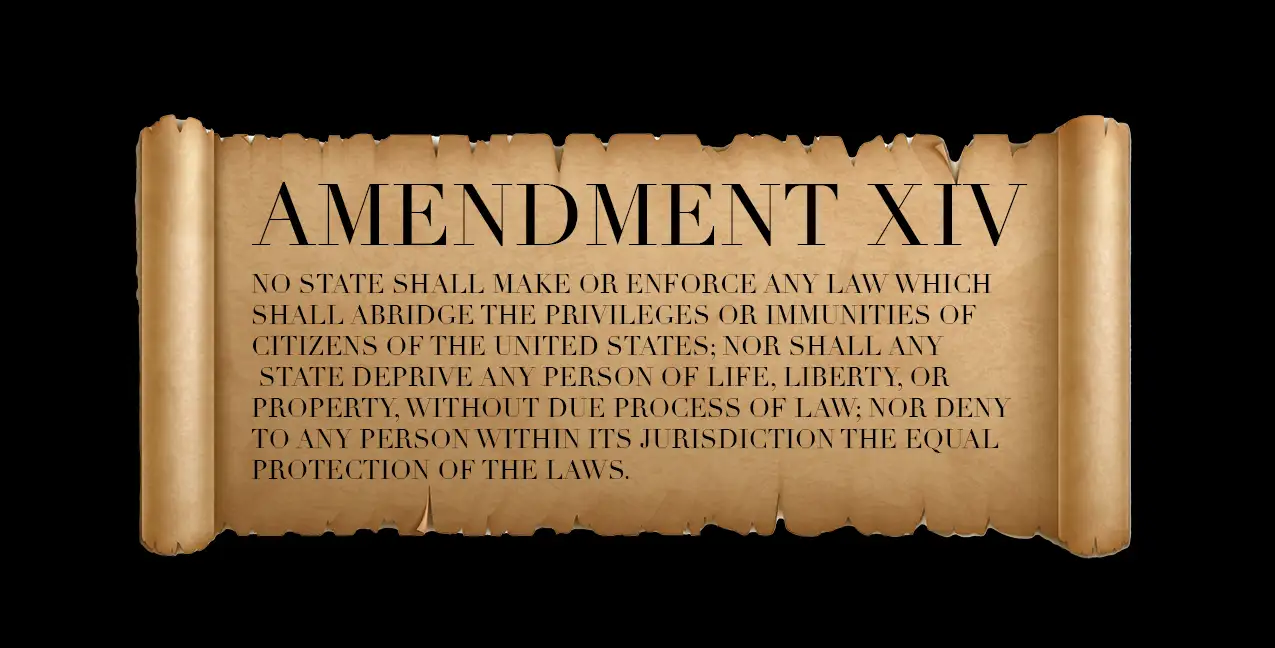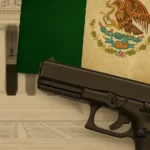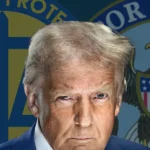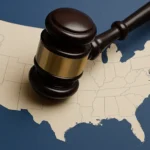
The Supreme Court appears to be poised to decide one of the most important questions of election law in recent memory. States such as Colorado and Maine have removed Donald Trump from their primary ballots, arguing that Section Three of the Fourteenth Amendment prevents him from serving as President. Trump has disputed this and an appeal to the U.S. Supreme Court is pending. As the nation awaits the High Court’s decision, here is a brief overview of Section Three of the Fourteenth Amendment
The Fourteenth Amendment, ratified on July 9, 1868, was the second of the reconstruction amendments adopted to the United States Constitution in the wake of the American Civil War. It has five sections: the first, dealing with equal protection under the law; the second, which overturned the three-fifths clause; the fourth which excludes Confederate debts from the national debt; and the fifth, which authorizes the enforcement of the Amendment through Congressional Legislation
But what of Section Three? The section was created to prevent former Confederates from holding office in the post-war government. It prevents anyone who has previously engaged in “insurrection” against the United States from becoming “an officer of the United States” and holding “office…under the United States” It is these points which are currently being litigated. Additionally, there is much debate over whether this section requires the passage of enforcement legislation by Congress to be executed.
Professors Seth Tillman and Josh Blackman have written at length about whether Trump is an “officer of the United States,” arguing that the President is not an officer because he is elected, rather than appointed, to his position. They muster a massive amount of evidence from the Founding to the ratification of the Fourteenth Amendment, including executive branch opinions on the subject, Constitutional language, and the lack of language drift to support this position.
And what of Section Three’s execution? There is good reason to believe that is not self-executing, as those who seek to remove Donald Trump from the ballot argue. Salmon P. Chase, Chief Justice of the Supreme Court from 1864 to 1873 explicitly stated it was not in Griffin’s Case. While this ruling was not made in his official capacity as Chief Justice, it nonetheless carries significant weight. The presence of Section Five also lends weight to this position. If this section was self-executing, why include a section providing Congress with the authority to enforce it? Section Five must apply in some way. Finally, if Section Three was self-executing, then one could lose their ability to hold public office without any defined legal process for proving them guilty of insurrection and removing them from a ballot.
Landmark has made these and other arguments about the insufficient proof of Trump’s insurrectionary activity in an amicus brief filed in the Michigan Court of Appeals and will do so at the Supreme Court. We believe the Court will find that Section Three of the Fourteenth Amendment does not disqualify Donald Trump from holding office and puts to rest this debate for good.
SUPPORT LANDMARK LEGAL FOUNDATION
We are truly facing existential threats to our individual rights and liberties, the Constitution, and our national character. If unchallenged, this assault on our very way of life will ruin our great nation. With your financial and moral support, Landmark is not going to let that happen without a fight. Will you join us?
JOIN OUR MAILING LIST
Never miss an update from Landmark Legal Foundation as we continue the fight to preserve America’s principles and defend the Constitution from the radical left.
Landmark will NEVER share your contact information and we will not flood your inbox.





